India’s personal tax system has two ‘regimes’: Old and new. The new tax regime does not have most of the deductions and exemptions that the other one provides. Most taxpayers, especially those with high income or those having several tax-saving investments, prefer the old regime. Here is the list of deductions and exemptions in the old tax regime.
House Rent Allowance: If you are a salaried employee living in a rented accommodation, you will get a house rent allowance (HRA).
Life insurance: The premium amount paid and the payouts from the life insurance plan qualify for a tax deduction and exemption benefits under Section 80C of the Income Tax Act.
Public Provident Fund: You can avail of tax deduction under Section 80C of the Income Tax Act, 1961 by contributing to your Public Provident Fund account.
National Saving Certificate (NSC): The amount invested in NSC will be eligible for income tax deduction under 80C of the IT Act, 1961. However, the interest amount earned from this investment mode is taxable. If the interest amount earned is reinvested and it qualifies for the tax deduction.
Post Office Time Deposit (POTD): If you invest in a five-year POTD, you will get a deduction on tax under 80C of the IT Act. However, the accrued interest amount on it is completely taxable.
Home loan: EMIs paid towards repaying the principal amount of a home loan are eligible for tax deductions.
Mutual funds and Equity Linked Savings Scheme (ELSS): If you invest in ELSS and mutual funds, you will be eligible for deductions on tax.
Unit-linked Insurance Plans (ULIP): If you invest in ULIP for yourself, your children, and your spouse, you will get deductions on tax.
Stamp duty and registration: The charges involved for the home stamp duty and the registration fee of transferring the property are subject to deduction on income tax under 80C of the IT Act.
Retirement saving: Contributions made to retirement plans offered by LIC or other insurance providers qualify for deductions on income tax.
National Pension System (NPS): An individual can claim a deduction of Rs 150,000 or 10 per cent of basic salary, whichever is lower, by making a contribution to Tier-I NPS account under 80C.
Sukanya Samriddhi Yojana: Contributions made to the Sukanya Yojana qualify for tax deductions. You can avail a deduction of up to Rs 150,000 under section 80C. Additionally, interest earned and maturity amount are tax-exempt.
Deferred annuity plans: The premiums paid under the policy are eligible for tax deduction under section 80C.
Tuition fees: Tuition fees paid for the full-time education of up to two children in a university, school, or college located in India qualify for deductions on income tax under Section 80C.
Medical Insurance Premiums: Premiums paid for medical health insurance for yourself, your children, or your spouse are eligible for deductions on income tax under Section 80C. A deduction of up to Rs 25,000 is allowed for individuals and Rs 50,000 for senior citizens.
Infrastructure bonds: Investments made in infrastructure bonds are eligible for deductions on income.
Charitable contributions: Donations made for charitable purposes can reduce taxable income under Section 80G of the IT Act.
Treatment of Disabled Dependents: According to section 80DD of the IT Act, you can mitigate your taxable income for the medical expenses that are incurred for the treatment of any person who is disabled and is dependent on you.
Deduction for preventive health Check-ups: If you spend up to Rs 5,000 for the preventive medical health check-ups of yourself or your family members, you can get income tax deductions under 80D of the IT Act.
Interest Paid on Education Loan: Interest paid on education loans for higher education, taken by you, your spouse, your children, or a student for whom you are a legal guardian, is eligible for tax deduction under Section 80E of the IT Act.
Senior Citizen Savings Scheme (SCSS): The senior citizen can get a deduction on tax if they invest in SCSS that the banks offer. This is eligible for deduction on tax under 80C of the IT Act. However, the interest amount earned from this scheme is completely taxable.
Leave Travel Allowance (LTA): The income tax law also provides for an LTA exemption to salaried employees, it is restricted to travel expenses incurred during leaves by them.
Mobile reimbursement: A taxpayer may incur expenses on mobile and telephone used at residence. The income tax law allows an employee to claim a tax-free reimbursement of expenses incurred.
Books and periodicals: Employees may incur expenses on books, newspapers, periodicals, journals, etc. The income tax law allows employees to claim tax-free reimbursement for these expenses.
Food coupons: Your employer may provide you with meal coupons, such as Sodexo. These food coupons are considered taxable perquisites for the employee. However, meal coupons are tax-exempt up to Rs 50 per meal.
Relocation allowances are tax-free under Section 10(14) of the Income Tax Act.
Donating to political parties: Section 80GGC of the Income Tax Act, allows individuals to claim a tax deduction for donations or contributions made to any political party.
Visitwww.cagurujiclasses.com for practical courses
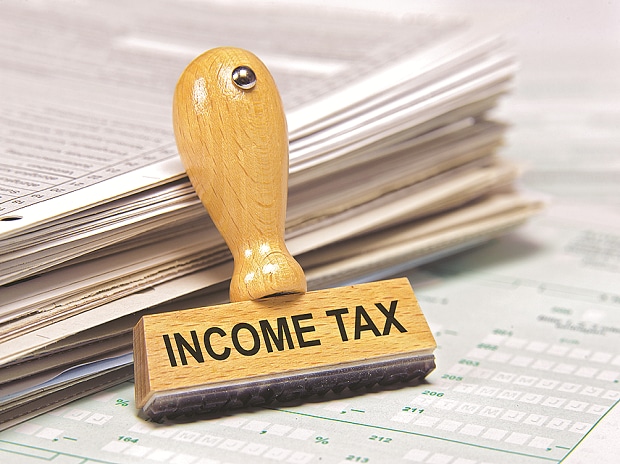

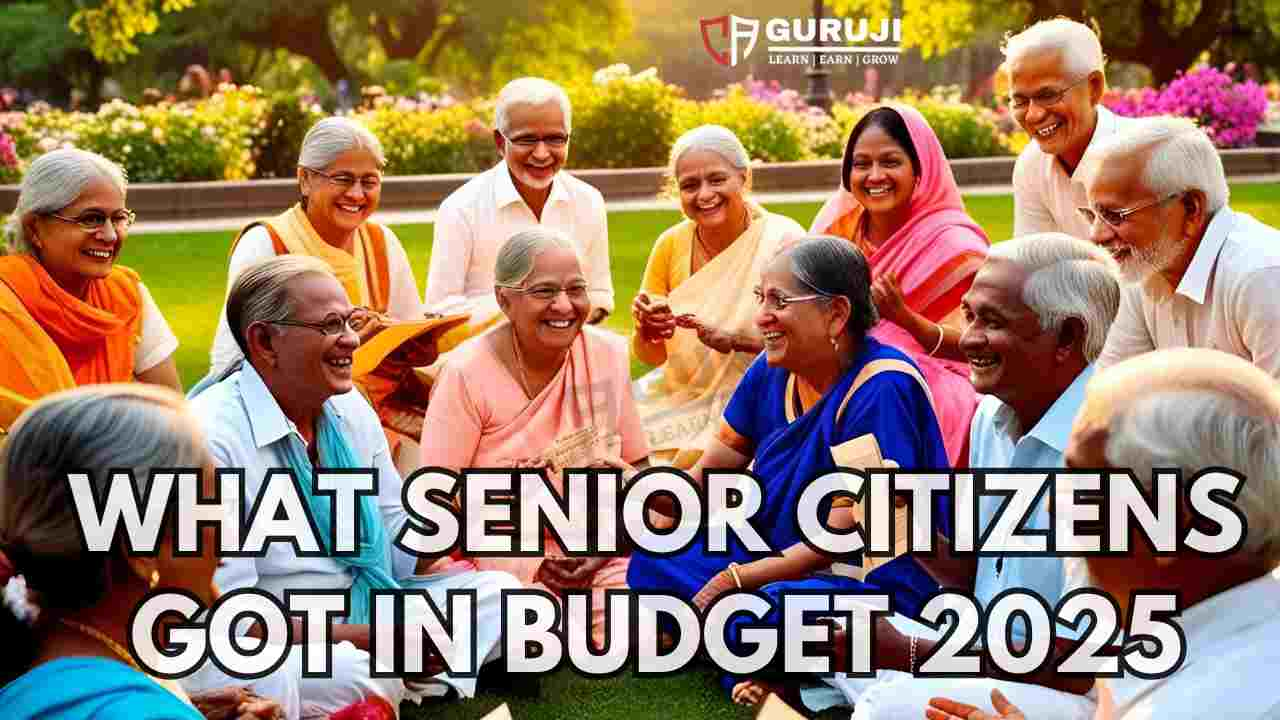



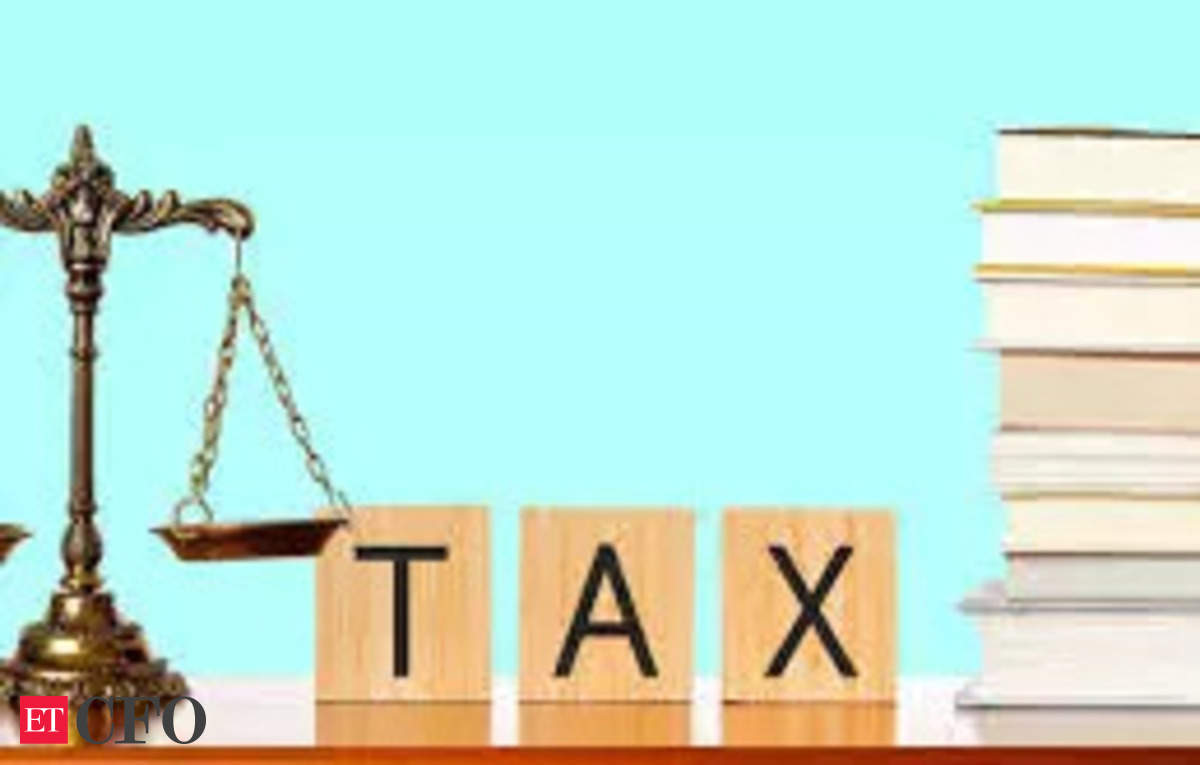
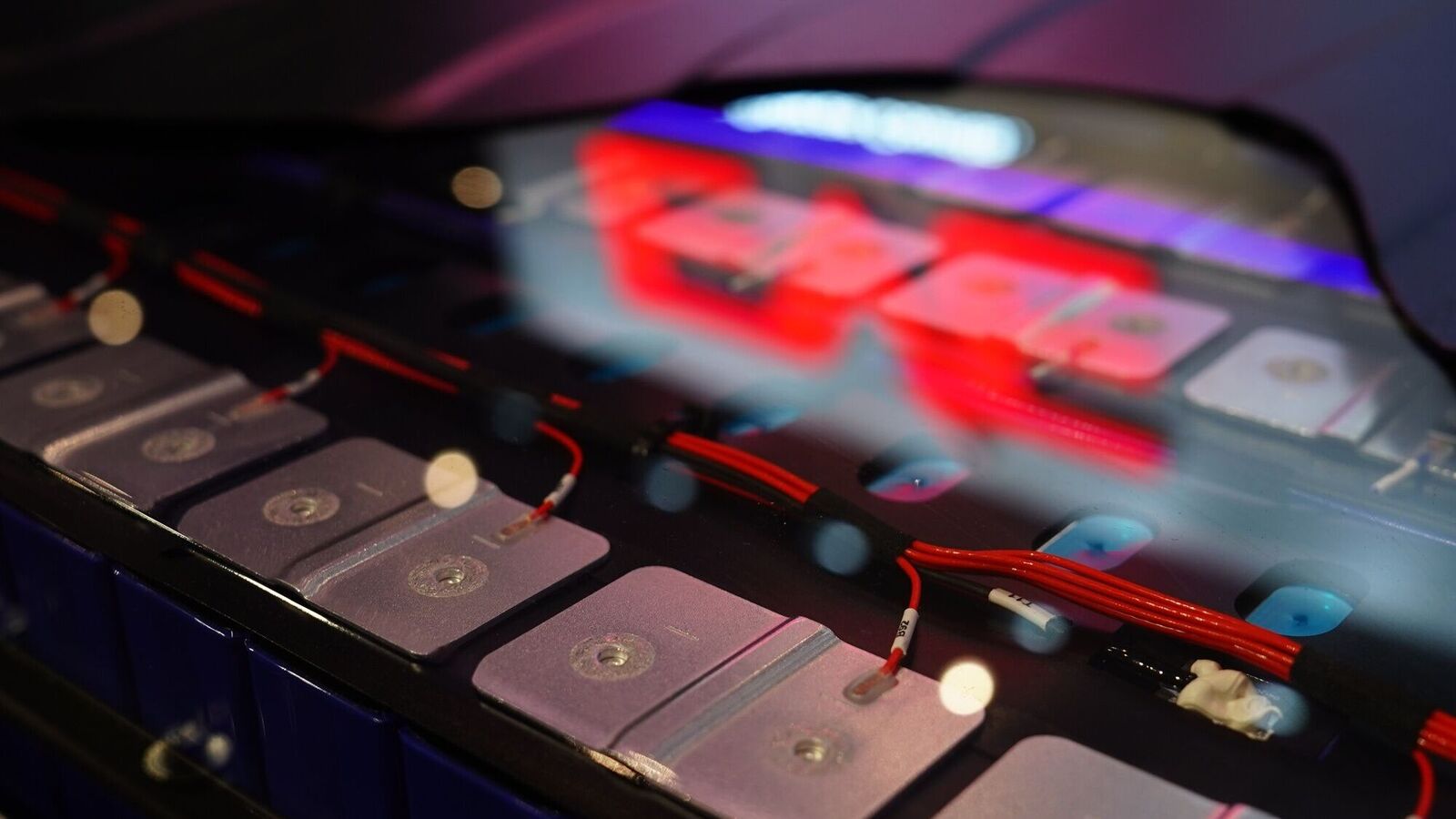
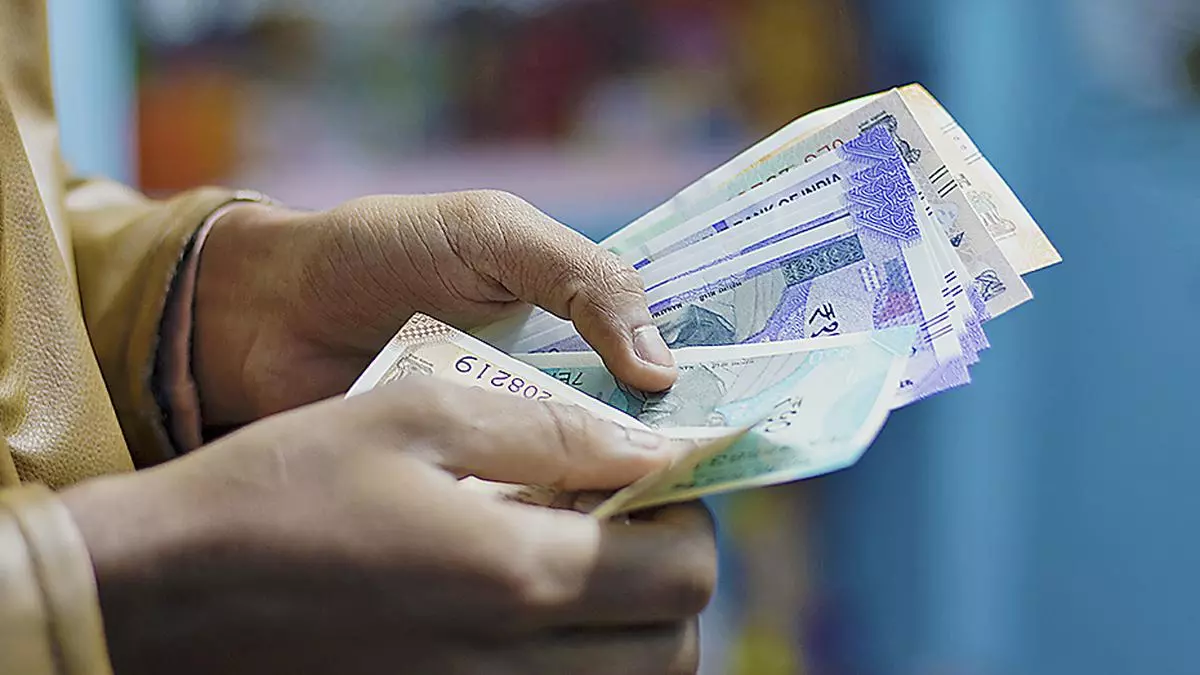

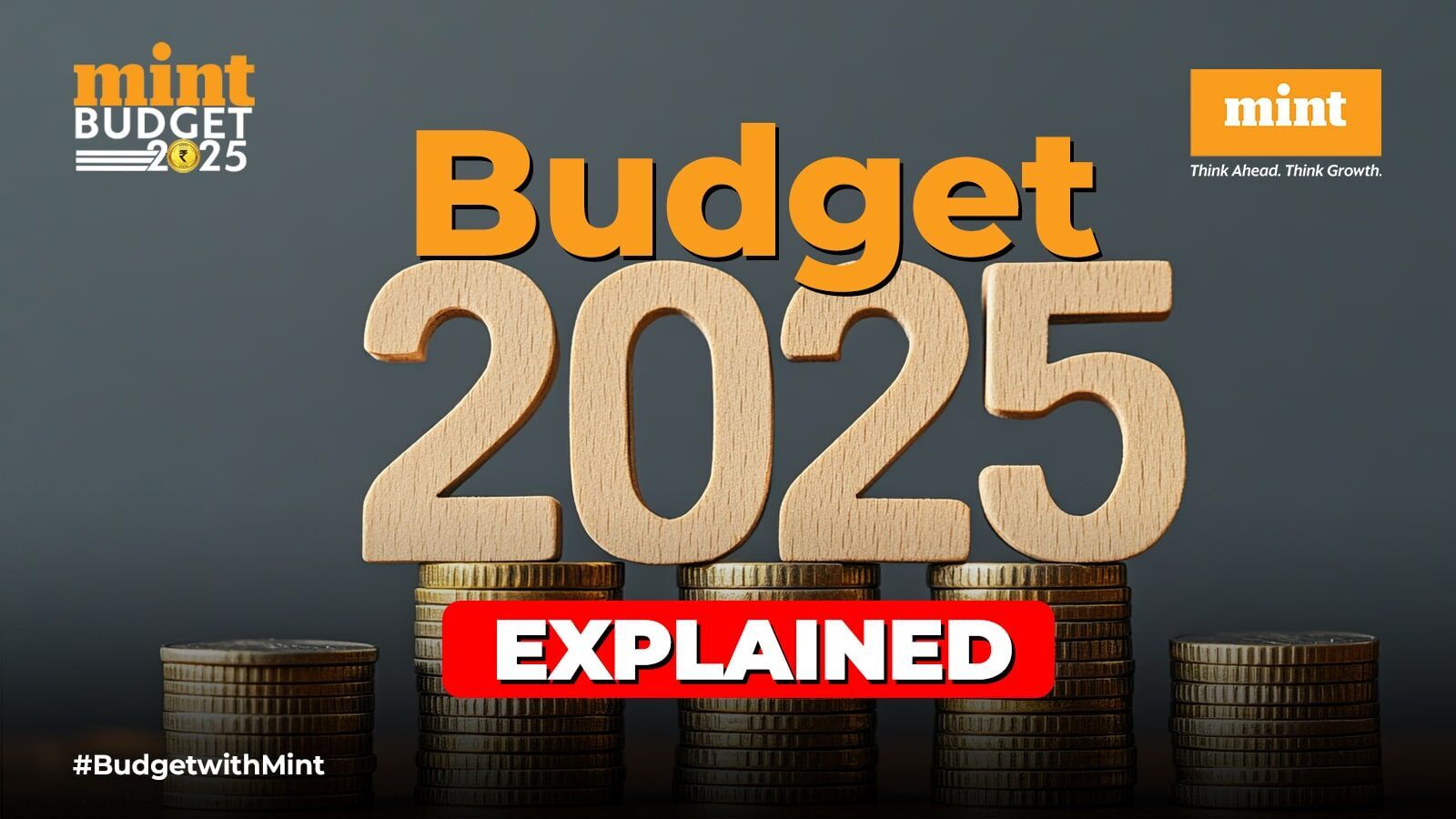
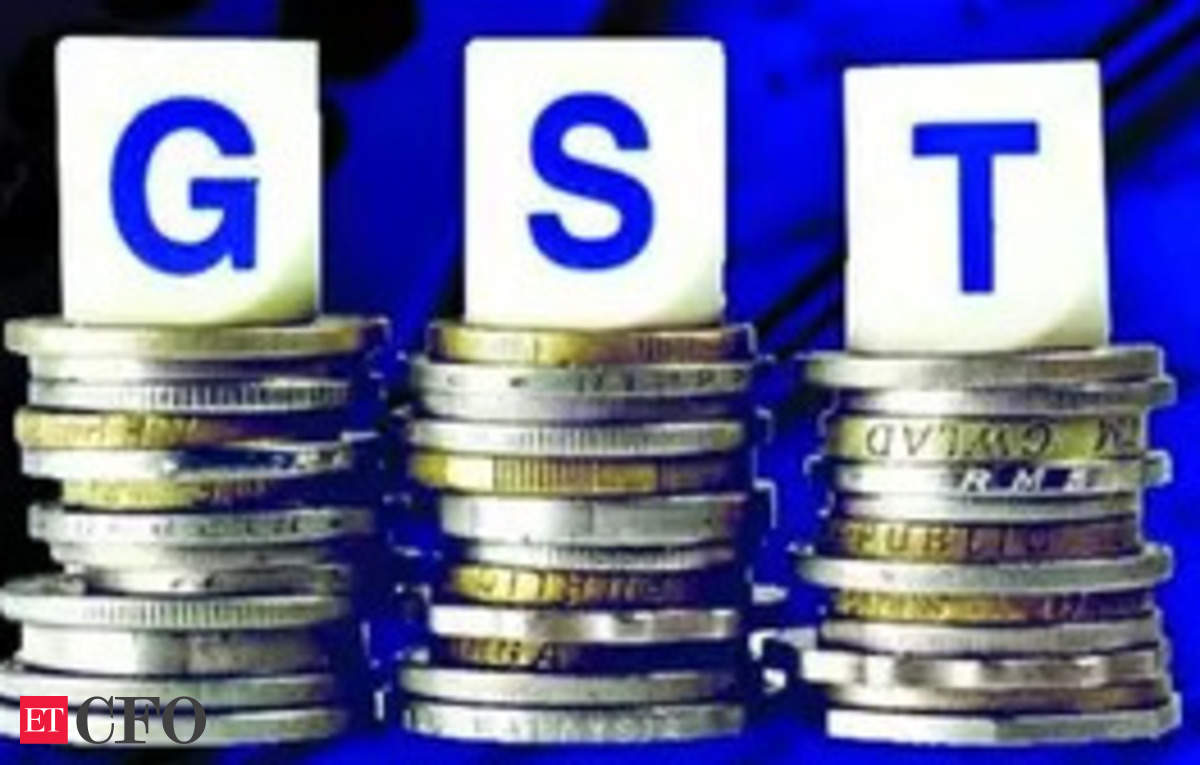
If I want to claim deduction on medical expenses for urgent treatment for brain stroke under new tax plan, is it possible?